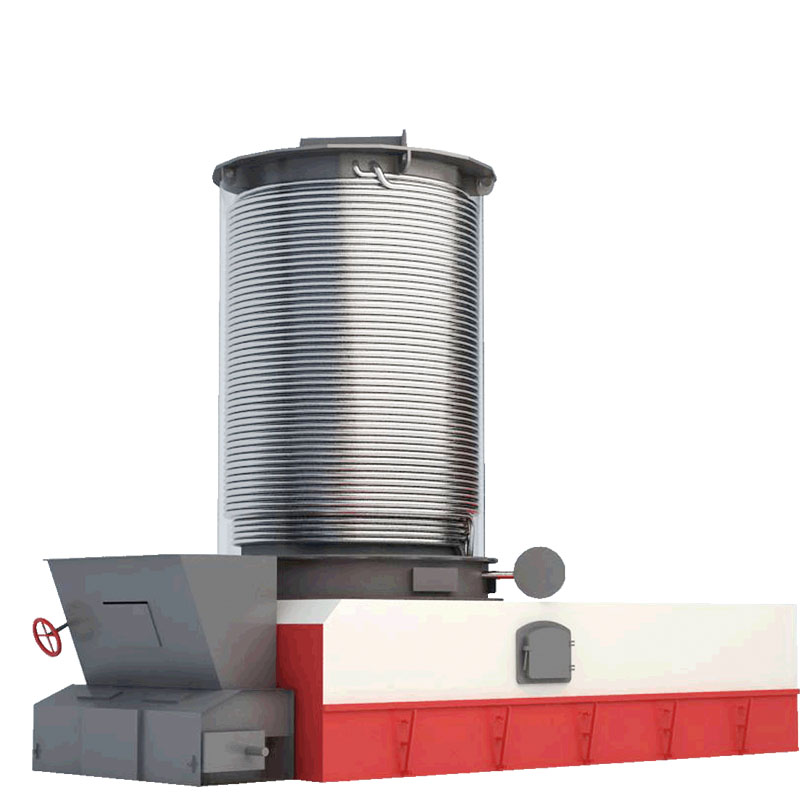steam boiler for beer plant
The Role of Steam Boilers in Brewery Operations
In the world of brewing, attention to detail is paramount, from selecting the finest ingredients to mastering the brewing process itself. One critical component that is often overlooked is the steam boiler. Steam boilers play a crucial role in the brewing industry, especially in beer plants, where they provide the necessary heat for various processes. This article explores the significance of steam boilers in brewing, their operation, and how they contribute to the production of high-quality beer.
Understanding Steam Boilers
A steam boiler is a closed vessel that converts water into steam through the application of heat. In a brewery, steam serves multiple purposes, making it an essential utility. It is used for heating, cooking, and sanitation, all of which are vital for maintaining the quality and flavor of the beer.
The main types of steam boilers found in breweries include fire-tube and water-tube boilers. Fire-tube boilers consist of a series of tubes through which hot gases pass, heating the water surrounding them. Water-tube boilers, on the other hand, have water-filled tubes that are heated externally by the combustion gases. Each type has its advantages, and the choice often depends on the brewery's size, production capacity, and specific requirements.
Heating Processes in Brewing
One of the primary uses of steam in beer production is for heating. During the mashing process, grains are mixed with hot water to extract fermentable sugars. This method requires precise temperature control, which a steam boiler can provide effectively. The use of steam also allows for faster heating times, enabling breweries to optimize their production cycles.
Additionally, steam is utilized in the wort boiling process, where wort is boiled with hops to enhance flavor and aroma. The vigorous boiling also helps to sterilize the wort, ensuring that unwanted microorganisms do not spoil the beer. A steam boiler’s ability to generate high-temperature steam ensures that this step is carried out efficiently and safely.
steam boiler for beer plant

Sanitation and Cleaning
Cleanliness is crucial in brewing, as any contamination can lead to undesirable flavors and spoilage. Steam boilers are instrumental in ensuring the brewery environment is sanitized. High-pressure steam can be used to sterilize equipment and utensils, effectively killing harmful bacteria and wild yeasts. This practice is crucial for maintaining the integrity of the beer and ensuring consistency in production.
Moreover, the brewing process produces a significant amount of residual waste, including spent grains and yeast. Steam is often employed in the cleaning of brewing equipment, eliminating the need for harsh chemicals that could leave residues and affect the final product's taste.
Energy Efficiency and Sustainability
With the rising awareness of environmental concerns, many beer plants are seeking ways to optimize energy consumption. Modern steam boilers can be designed for high efficiency, reducing fuel consumption and cutting operating costs. By recovering waste heat and utilizing it in various processes, breweries can significantly decrease their carbon footprint.
Moreover, some breweries are exploring renewable energy sources to power their steam boilers. Biomass boilers, for example, can use organic materials to generate steam, aligning with sustainable practices and reducing reliance on fossil fuels.
Conclusion
In summary, steam boilers are an integral part of the brewing process, providing the essential heat required for mashing, boiling, and sanitation. Their ability to generate high-quality steam not only improves efficiency but also enhances the overall quality of the beer. As breweries continue to innovate and focus on sustainability, the importance of steam boilers will only grow in the years to come. For anyone serious about brewing, understanding and optimizing steam boiler operations is crucial to producing exceptional beer. As the craft beer industry expands, the technology surrounding steam boilers will continue to evolve, making them even more valuable to beer plants worldwide.
-
Top Electric Steam Boiler Manufacturers – Efficient Industrial SolutionsNewsJul.29,2025
-
Top Electric Steam Boiler Manufacturers | Reliable Industrial SolutionsNewsJul.29,2025
-
OEM Steam Boiler Solutions for Custom Needs | High Efficiency & VersatilityNewsJul.29,2025
-
High-Efficiency Thermal Oil Boiler for Industrial Heating SolutionsNewsJul.29,2025
-
Top Electric Steam Boiler Manufacturers for Industrial EfficiencyNewsJul.28,2025
-
Top Electric Steam Boiler Manufacturers | Industrial Solutions & CustomizationNewsJul.27,2025

